FlySpec Zambia Celebrates its 40th Anniversary – Providing Surgical Care to Remote and Rural Zambia
By Alberto Gregoria, Goran Jovicb and Trish O’Connorc
a Consultant Orthopaedic Surgeon, Glasgow, UK and Chair of World Orthopaedic Concern UK (WOCUK)
b Consultant Plastic & Reconstructive Surgeon, Lusaka, Zambia
c Consultant Emergency Medicine Specialist (WOCUK), Glasgow, UK
Published 20th October 2022
FlySpec (www.Flyspec.org) is Zambia’s specialist medical flying doctor service. Founded 40 years ago by British orthopaedic surgeon Professor John Jellis, it has brought skilled orthopaedic and reconstructive plastic surgery to individuals living in the country’s most remote and rural communities.
Such patients would not otherwise be able to access specialist surgery. Most patients living outside Zambia’s capital Lusaka, cannot afford the time or money to travel the huge distances into the city for healthcare. Zambia is more than three times the size of the UK with a population of 19 million, less than one third of that of the UK population.
FlySpec utilises light aircraft to enable the delivery of this vital service throughout the vast countryside, which hosts 55% of Zambia’s 19 million people.
Dr Goran Jovic, Zambia’s only plastic surgeon is also the main FlySpec pilot and he works alongside local orthopaedic surgeons, as well as visiting volunteer surgeons and pilots, to deliver much needed surgery to the people of Zambia.
Over 40 years FlySpec has seen over 86,000 patients, performed 26,000 operations and undertaken 2,580 visits to 30 remote and rural areas of Zambia. 60% of FlySpec patients are children.
FlySpec delivered surgery can be both life saving and life changing for many people, enabling them to live a productive life within their community. Surgery aims to correct and treat congenital deformities such as club feet, cleft lips and palates, along with bone and joint infections. Neglected fractures and burns, including the devastating complications associated with late presentation, are very common and such patients benefit significantly from the specialist input provided by FlySpec. Fixing fractures (especially non unions) enables young men to return to work and earn money to feed their families (many of which are large extended families who depend on one ‘breadwinner’).
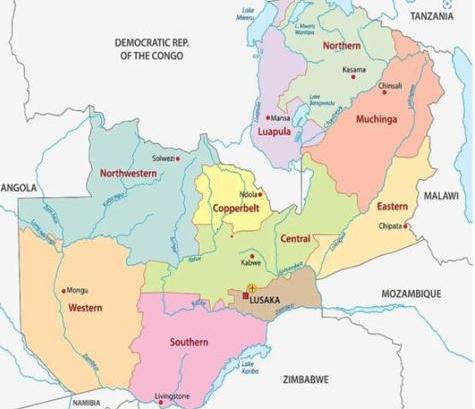
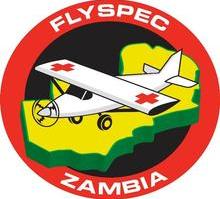
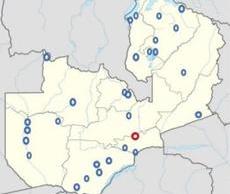
A typical FlySpec day
A typical FlySpec trip involves an early rise, and a pre dawn trip to Kyundu airfield outsisde Lusaka to prepare for a sunrise take off. The most distant rural hospital visited is Mbala on the border of North eastern Zambia and Tanzania – a four hour light aircraft flight.
A Flight Plan will have been submitted the previous night in addition to the vital load/ balance and fuel calculation being performed. Weight is critical to performance of light aircraft… an overweight plane can spell disaster!
Though we pack lightly, FlySpec Teams will bring most of their own consumables such as sutures, dressings and bandages as well as sterilising solutions and surgical gloves. This avoids using the scarce resources in the host hospital as much as possible. Local trainee doctors accompany the FlySpec surgeons for training experience.
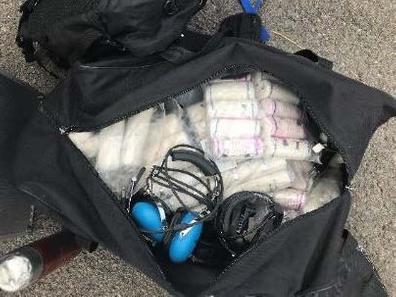
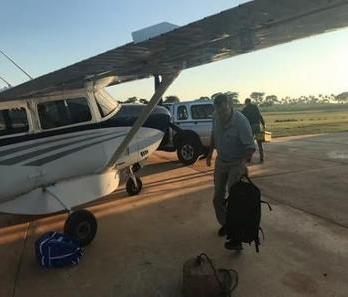
Lack of surgical Equipment & consumables may be the rate limiting step for how many surgeries can be performed. A number of UK hospitals are now assisting us with donations of ‘no longer used‘ or ‘expired’ equipment.
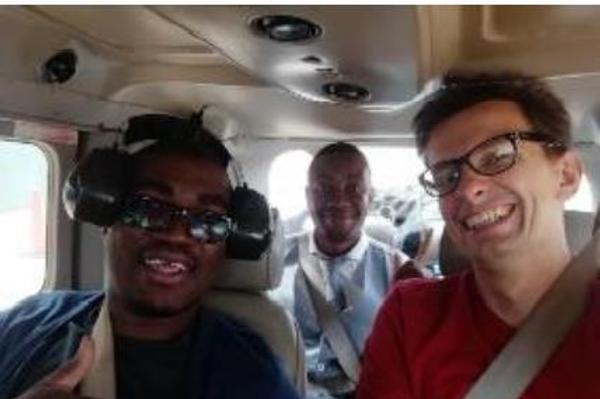
Ortho Surgeon Dr Giorgio Lastroni & trainee surgeons Drs Mpabalwani & Phiri get ready for take off.
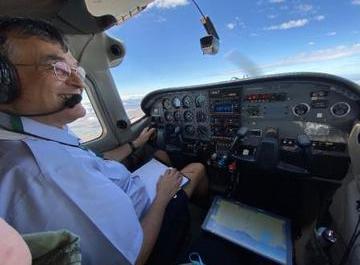
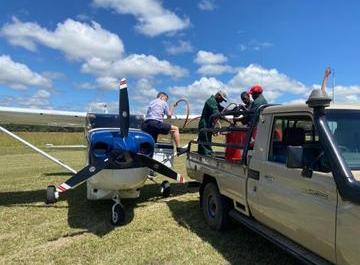
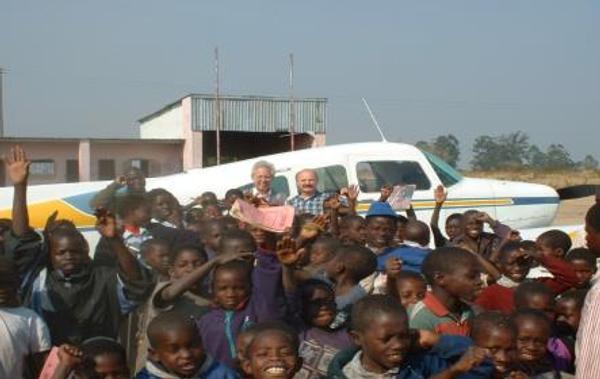
FlySpec landings are usually met by a joyful welcoming committee! Professor John Jellis (founder of FlySpec) and Dr Goran Jovic arrive for a busy few days outreach.
Pre assessment clinics post landing
Patients may travel hundreds of miles to see the FlySpec doctor, spending their life savings to do so, it may be the only chance for life changing surgery for such patients. Clinics are usually very busy with approximately 150 patients being seen per trip, and may continue until late evening.
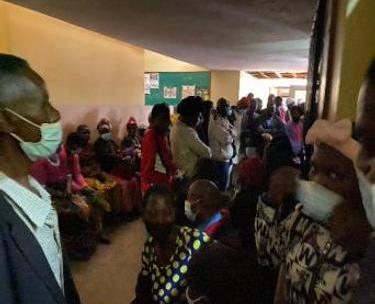
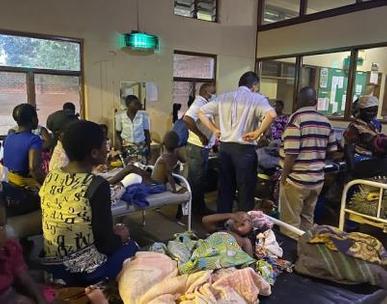
Busy ward round and clinic to select patients for the next two day’s surgeries.
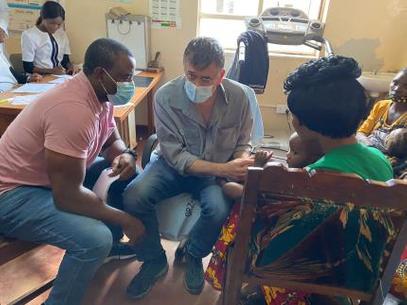
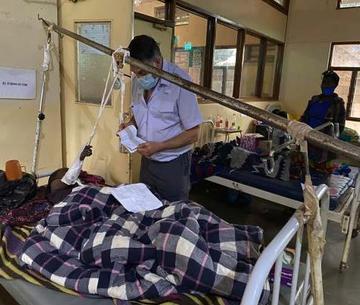
Patients awaiting fracture fixation may have been on traction in the ward for months.
Theatre lists start next day at 8am and may continue late into the evening/ ealy hours of the morning. Operating may extend over two days, local surgeons have to leave on Sunday to return home in time to resume their normal work on Monday morning.
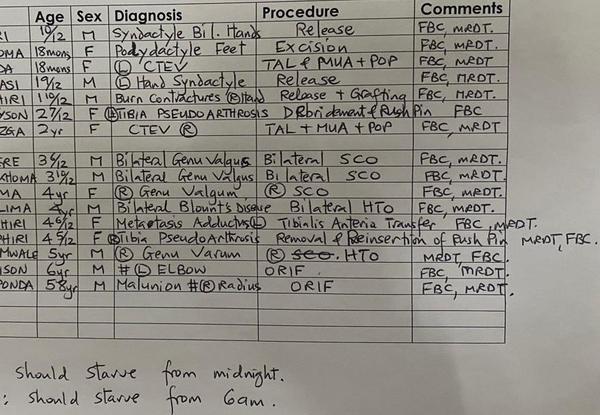
A typical theatre list in Africa showing the common pathology.
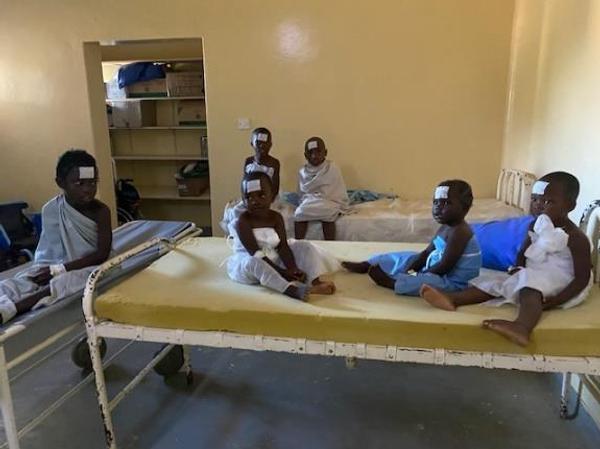
Children awaiting surgery at Mazabuka Hospital.
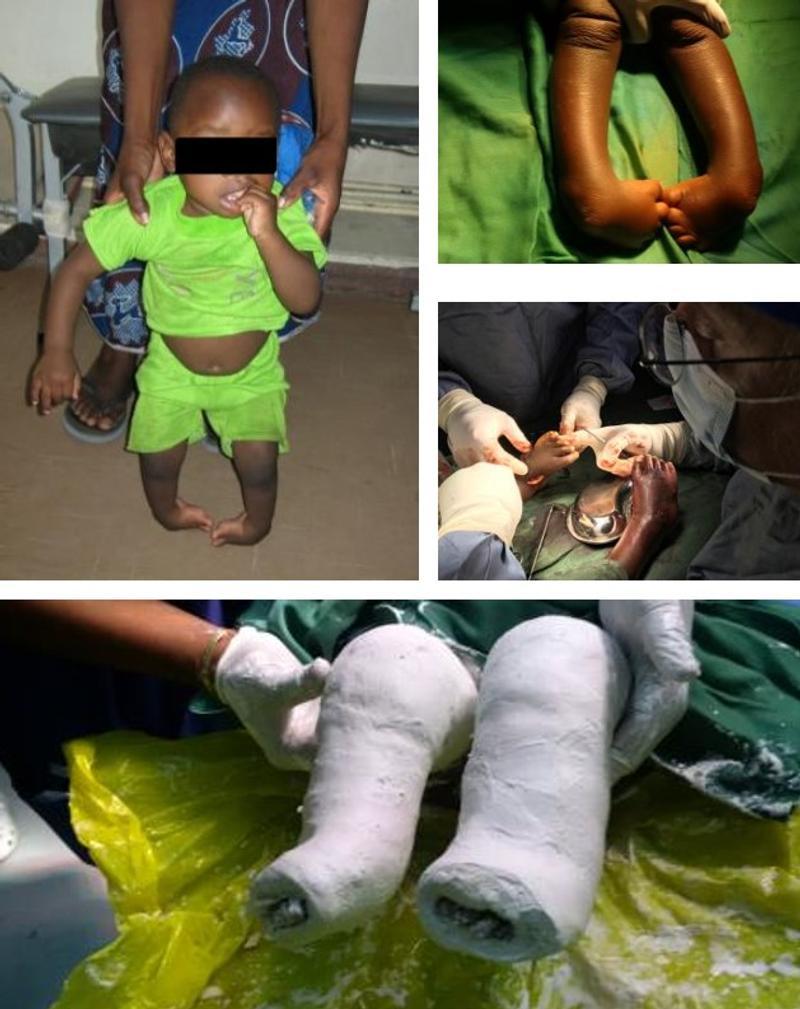
Surgical correction of club feet in Africa is commonly necessary however many cases are successfully managed (if detected early) by Ponseti technique manipulation.
Neglected trauma
Delayed presentation is the hallmark of trauma in Africa. Late presentation may be associated with gross infection or gangrene and may necessitate amputation. External fixators are used where possible. Fracture fixation frequently facilitates patient recovery and mobilisation allowing return to work and the community.
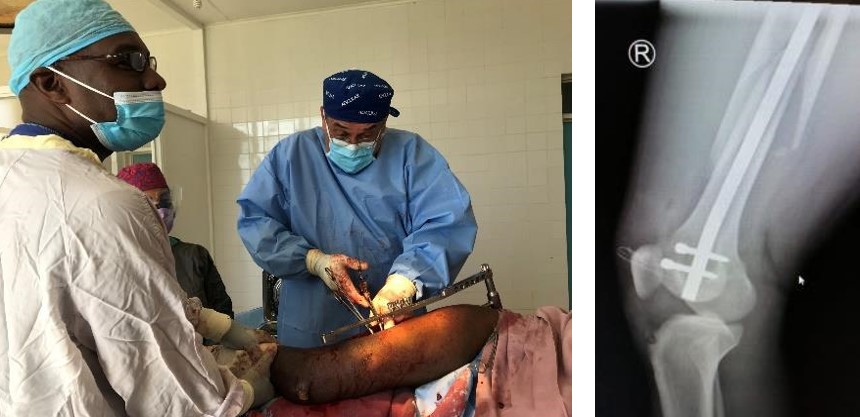
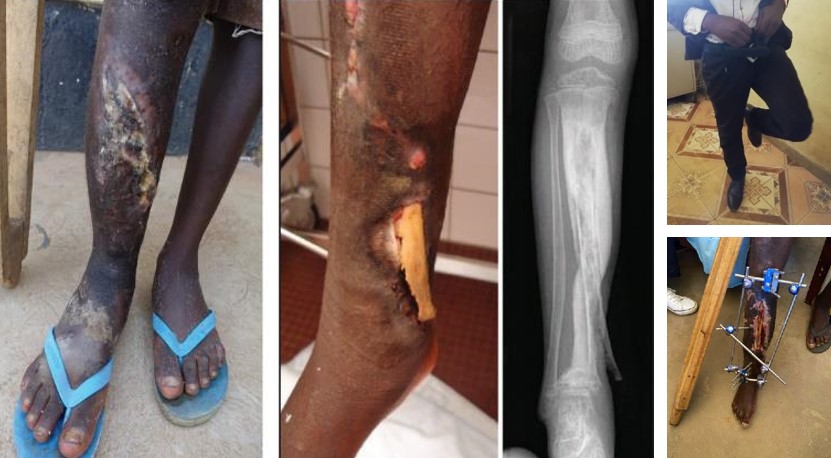
This 24 year old farmer is able to return to work in the fields after fixation of his fractured femur with a SIGN Nail. Several weeks on traction in hospital was unsuccessful as is commonly the case.
Blount’s Disease and Osteomyelitis are commonly seen conditions
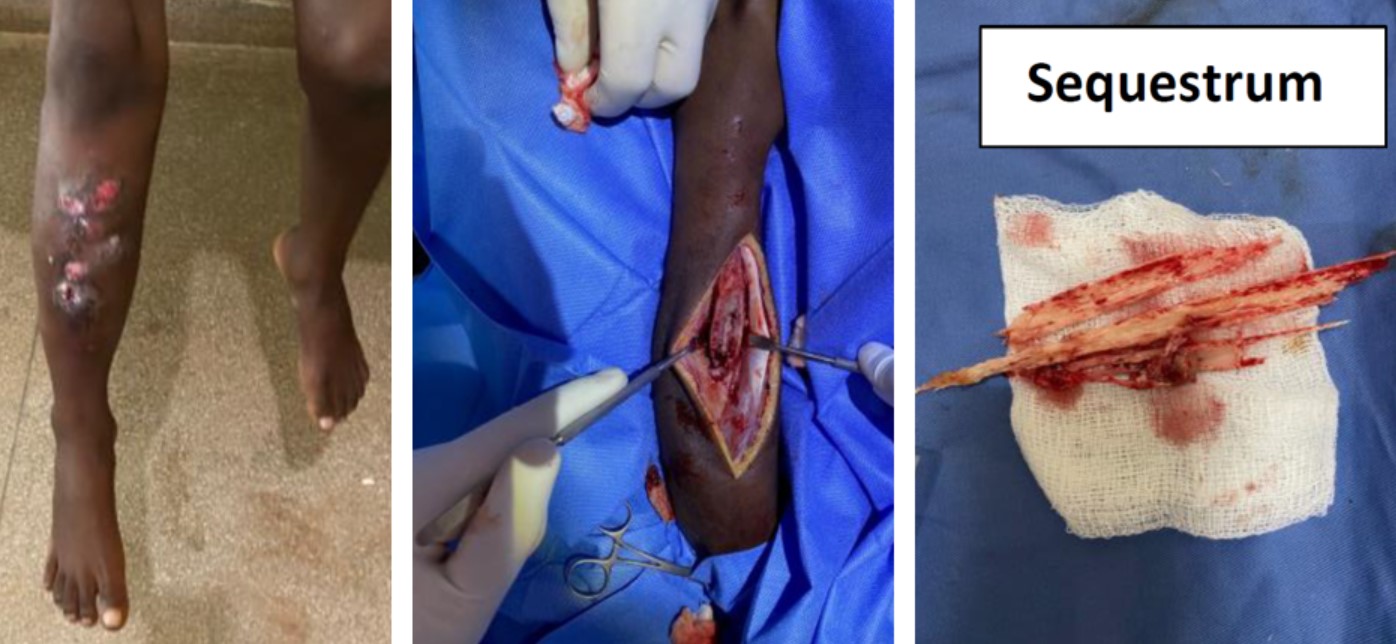
This 10 year old girl has had osteomyelitis for several years, needing drainage and sequestrectomy. This ulnar osteomyelits yielded an extensive sequestrum.
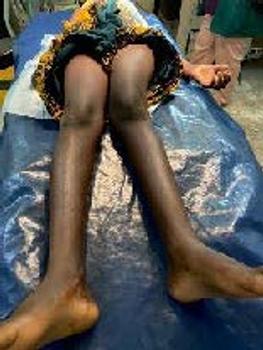
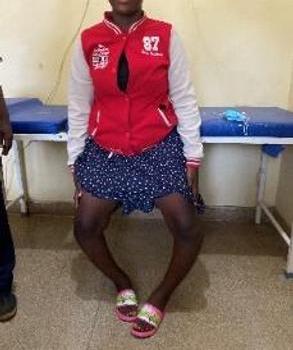
Genu Varum, Genu Valgum and Blounts disease present commonly throughout Africa. High Tibial Osteotomies and Supra Condylar osteotomies are frequently performed surgeries.
Burns
Serious burns (many neglected), along with their subsequent debilitating complications, occur frequently in African countries due to the common practice of cooking on open fires. Parents have to work in the fields, leaving young children to supervise even younger children who frequently fall into the fires with devastating outcomes. Whilst most of the skin grafting and contracture releases undertaken by FlySpec are performed by plastic surgeon Dr Goran Jovic, (the sole plastic surgeon in Zambia), the workload is so extensive that much of this work is now being performed regularly by orthopaedic surgeons.
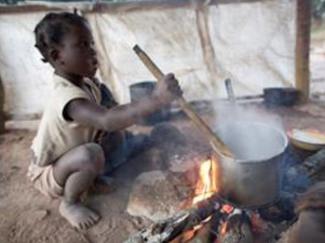
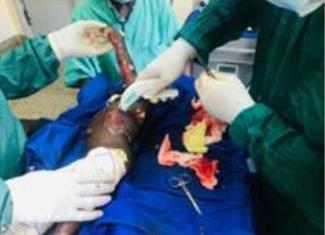
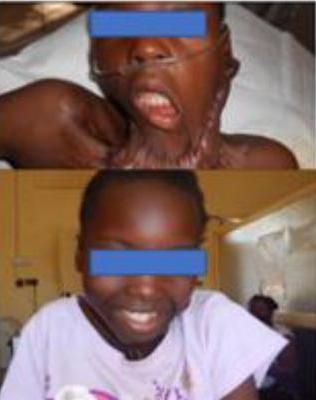
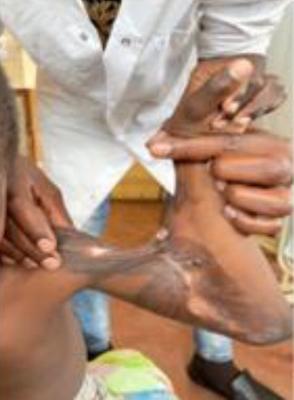
Other congenital abnormalities - Tibial Pseudoarthrosis
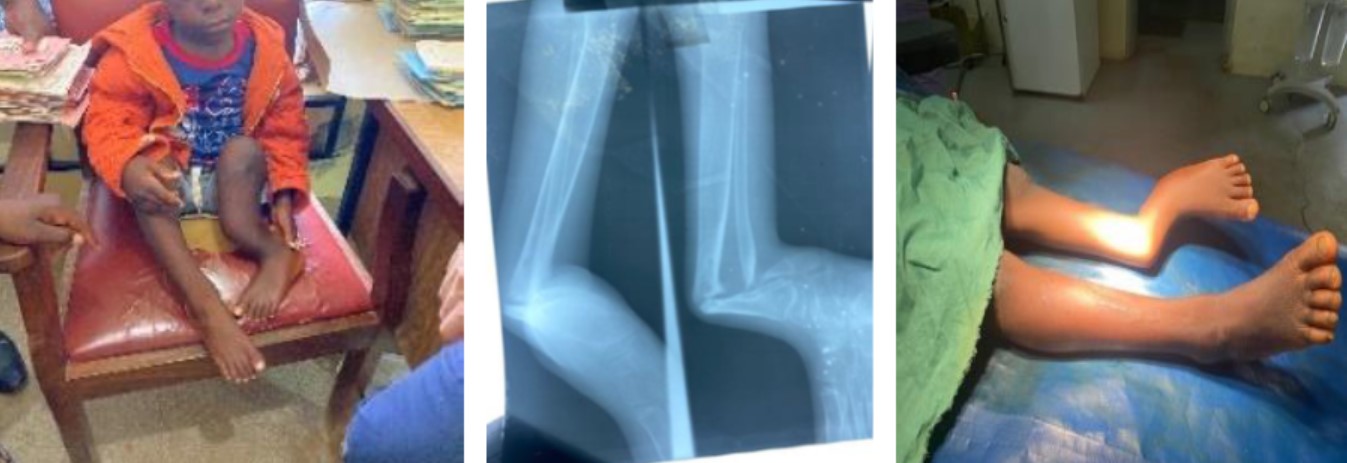
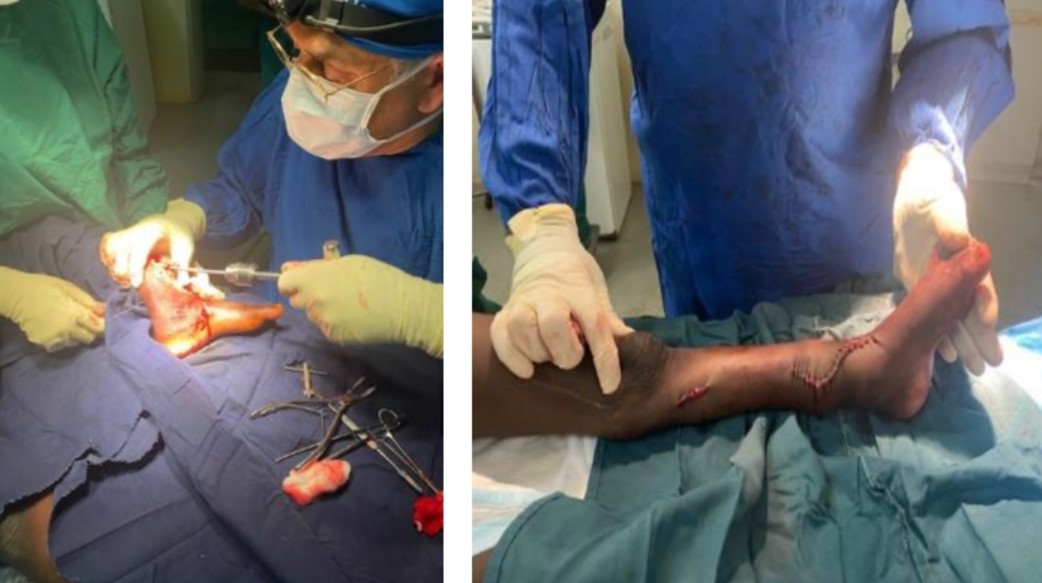
This 6 year old boy has tibial pseudarthrosis. His leg was straightened using a Rush pin.
Teaching is the priority when working in Africa
Give a man a Fish, feed him for a day. Teach a man to Fish and you Feed him for Life

Teaching in clinic, theatre and ad hoc hospital teaching – throughout Africa.

Dr Goran Jovic teaching at Chitokoloki Hospital and child with cleft lip and plate pre-op and post-op at one year.
Follow up
WhatsApp is now proving to be a useful and affordable tool in following up surgical patients in remote and rural areas of Africa, and indeed it is regularly used by a number of the units visited for seeking specialist advice regarding patient care.
Forty years on, FlySpec continues to make a significant contribution to the healthcare system in remote and rural Zambia. It is hoped that with the ongoing service and surgical education provided by FlySpec, the Zambian trainees of today will become the FlySpec surgeons of the future.
